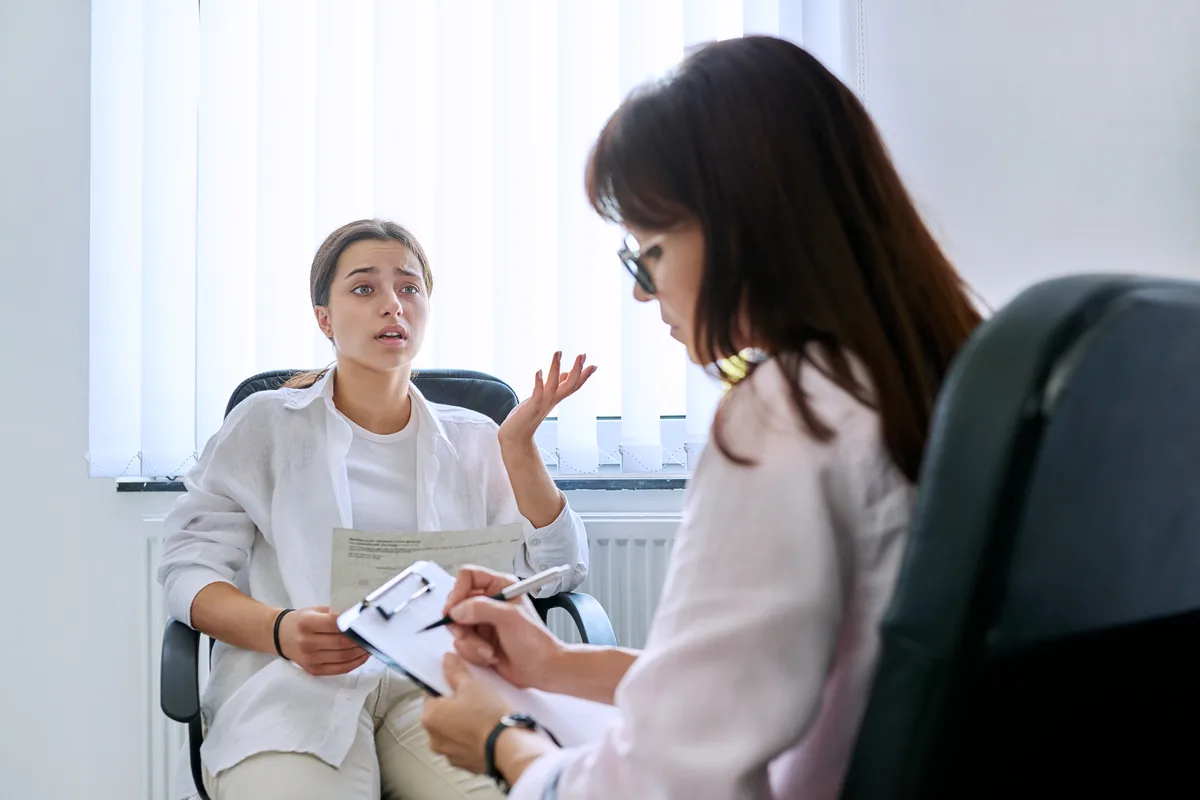24/7 Helpline:
(866) 899-221924/7 Helpline:
(866) 899-2219
Learn more about Klonopin Rehab centers in Dakota County

Other Insurance Options

Magellan

Self-pay options

Molina Healthcare

Ambetter

Kaiser Permanente

Absolute Total Care

Carleon

Access to Recovery (ATR) Voucher

GEHA

CareFirst

Cigna

BHS | Behavioral Health Systems

Lucent

Regence

Humana

Coventry Health Care

Multiplan

MHNNet Behavioral Health

Sutter

EmblemHealth

Options Family and Behavioral Health
Options Family and Behavioral Health is a private rehab located in Burnsville, MN. Options Family an...

Mental Health Resources
Mental Health Resources is a private rehab located in Burnsville, Minnesota. Mental Health Resources...

Eagan Counseling Clinic – Mental Health
Eagan Counseling Clinic – Mental Health is a private rehab located in Rosemount, Minnesota. Eagan Co...

Anthony Louis Center
Anthony Louis Centere offers inpatient treatment for individuals with alcohol and/or substance addic...

New Season – Dakota Treatment Center
New Season - Dakota Treatment Center is a private rehab located in Burnsville, MN. New Season - Dako...

Sage Prairie
Sage Prairie offers outpatient treatment for individuals with alcohol and/or substance addiction. Th...

















































































































Fairview Recover Services Outpatient Program
Fairview Recover Services Outpatient Program is a non-profit rehab located in Burnsville, Minnesota....

River Ridge – A Woman’s Way Residential Treatment
River Ridge – A Woman’s Way Residential Treatment is a private rehab located in Burnsville, Minnesot...

AA – Alcoholics Anonymous
AA – Alcoholics Anonymous is a private rehab located in Rosemount, Minnesota. AA – Alcoholics Anonym...

Create South
Create South is a private rehab located in Burnsville, Minnesota. Create South specializes in the tr...

River Ridge
River Ridge is a private rehab located in Burnsville, Minnesota. River Ridge specializes in the trea...

































































